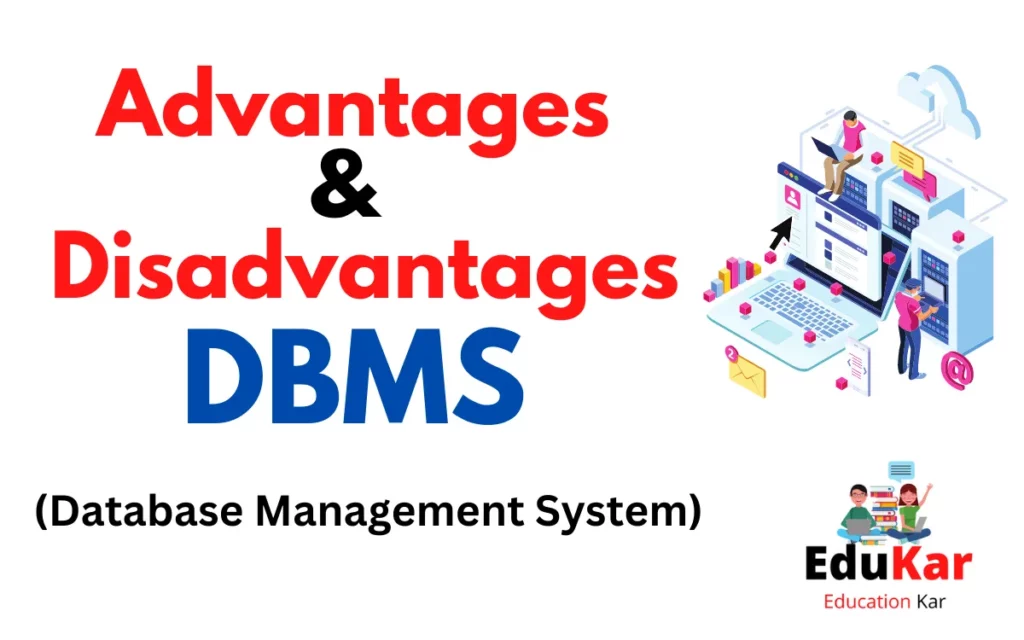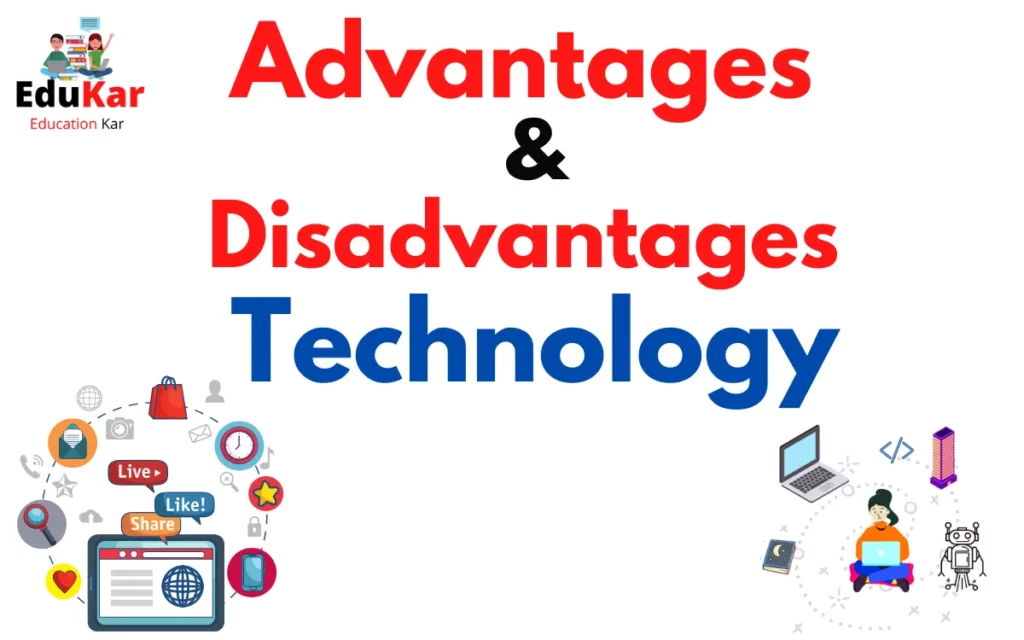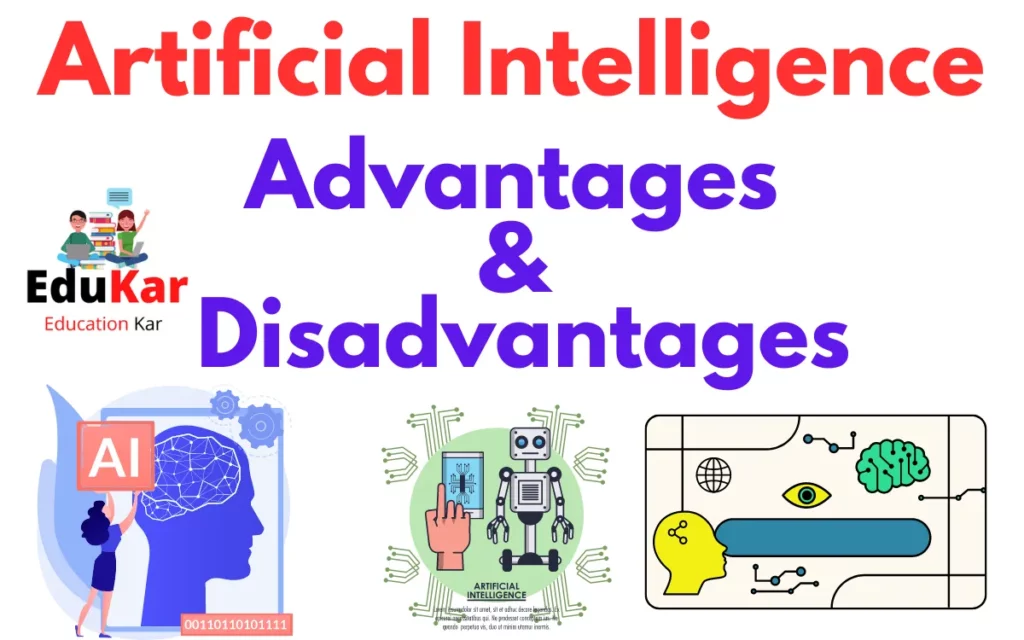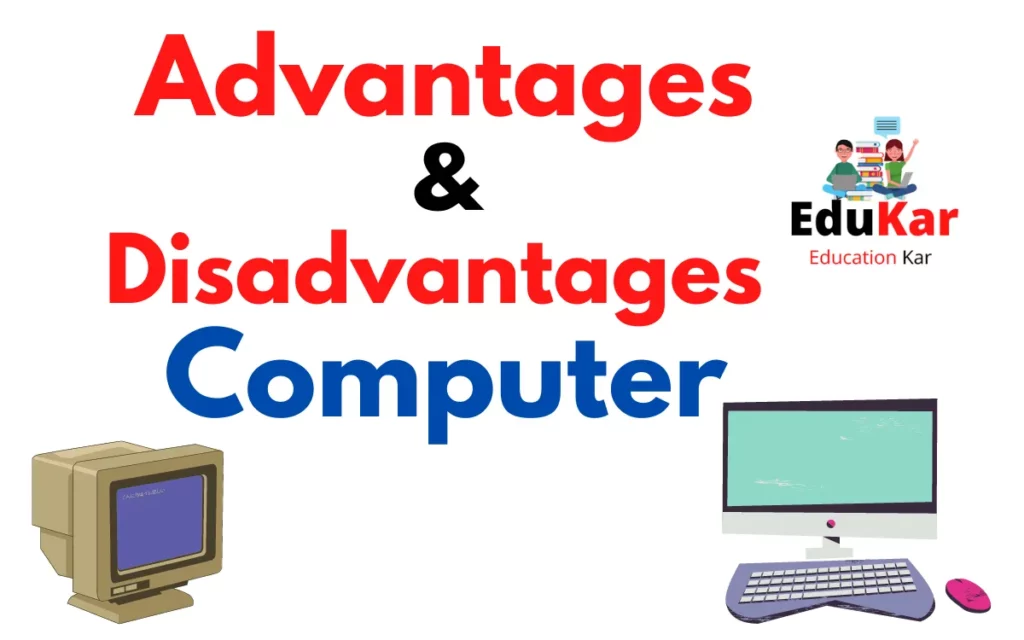Contents
In this blog post, we will explore the Advantages and Disadvantages of DBMS. From data integrity and security to efficient data retrieval and scalability, we will cover the advantages of DBMS for businesses and organizations. But we also will understand the challenges of DBMS such as high costs, complexity, and data dependency, and make informed decisions about how to use it for your business or organization.

What is DBMS (Database Management System)?
A Database Management System (DBMS) is a software that is used to manage and organize data in a structured manner. It is responsible for storing, retrieving, and manipulating data in a database. The DBMS serves as an interface between the user or application and the database, providing a set of tools and commands to access and manipulate the data stored in the database.
DBMS allows users to create and maintain a database, which is a collection of related data that is stored in a structured format. The data can be organized in tables, with each table representing a specific entity or object. The tables are related to each other through keys, which link data in different tables. The DBMS also provides a way to define rules and constraints to ensure data integrity and consistency.
Some examples of DBMS are MySQL, Oracle, SQL Server, PostgreSQL, and MongoDB. Each of these DBMSs is designed to manage different types of data, and they come with different features and functionalities. For example, MySQL is mainly used for web-based applications, while Oracle is mainly used for enterprise-level applications.
DBMS is widely used in various applications such as banking, transportation, healthcare, and e-commerce. It is also used in data analytics, data mining, and business intelligence to extract insights and knowledge from the data. Overall, DBMS is a powerful tool that helps organizations to manage and organize their data efficiently and effectively.
Advantages of DBMS:
- Data Integrity: DBMS ensures that the data stored in the database is accurate, consistent, and reliable. It also ensures that the data is protected from unauthorized access and modification.
- Data Security: DBMS provides various security measures like user authentication, data encryption, and access control to protect the data from unauthorized access, hacking, and other malicious activities.
- Concurrent Access: DBMS allows multiple users to access the database simultaneously and make changes without any conflicts.
- Data Backup and Recovery: DBMS provides features for creating backups of the database and recovering the data in case of data loss due to hardware failure or other reasons.
- Data Sharing: DBMS allows multiple applications and users to access the same data, which enables data sharing and collaboration.
- Data Independence: DBMS provides a layer of abstraction between the data and the applications that use it, which allows for changes to the data structure without affecting the applications that use it.
- Improved Data Management: DBMS provides tools for managing and organizing large amounts of data, making it easier to search, sort, and retrieve specific information.
- Efficient Data Retrieval: DBMS provides optimized algorithms for searching and retrieving data, making it faster and more efficient than searching through unstructured data.
- Consistency and Integrity: DBMS ensures that the data stored in the database is consistent and follows certain integrity rules, making sure that the data is accurate and reliable.
- Scalability: DBMS can handle a large amount of data and can easily be scaled up to meet the needs of a growing business or organization.
Disadvantages of DBMS:
- High implementation and maintenance costs: Designing, implementing, and maintaining a DBMS can be costly, especially for large and complex systems.
- Dependence on specialized skills: A DBMS requires skilled professionals to design and maintain it, which can be difficult and expensive to find.
- Limited scalability: DBMSs may not be able to handle very large amounts of data or a high number of concurrent users.
- Performance issues: A poorly designed DBMS can lead to slow performance and delays in data retrieval.
- Security risks: A DBMS can be vulnerable to hacking, data breaches, and other security threats.
- Data integrity issues: A DBMS can have issues with maintaining the integrity of data, such as preventing duplicate or incorrect data from being entered.
- Limited flexibility: Some DBMSs may not be able to handle certain types of data or may not be easily customized to meet specific business needs.
- Limited data sharing: DBMSs may not be able to easily share data with other systems, which can impede collaboration and data analysis.
- Limited data accessibility: Some DBMSs may not be accessible from certain devices or locations, which can limit the ability of users to access data.
- Limited data recovery: In the event of a system failure, it may be difficult or impossible to recover lost data.
Conclusion:
Database Management System (DBMS) is a powerful tool that offers many advantages for managing and organizing data. It ensures data integrity, security, and consistency while also providing efficient data retrieval and scalability. These features make DBMS a valuable asset for businesses and organizations looking to manage and analyze their data. However, it also has its own set of drawbacks such as high costs, complexity, and data dependency. It’s important for organizations to weigh the pros and cons of using a DBMS and decide if it is the right choice for their specific needs. Overall, DBMS is a powerful tool that can improve the efficiency and effectiveness of data management when used appropriately.
















